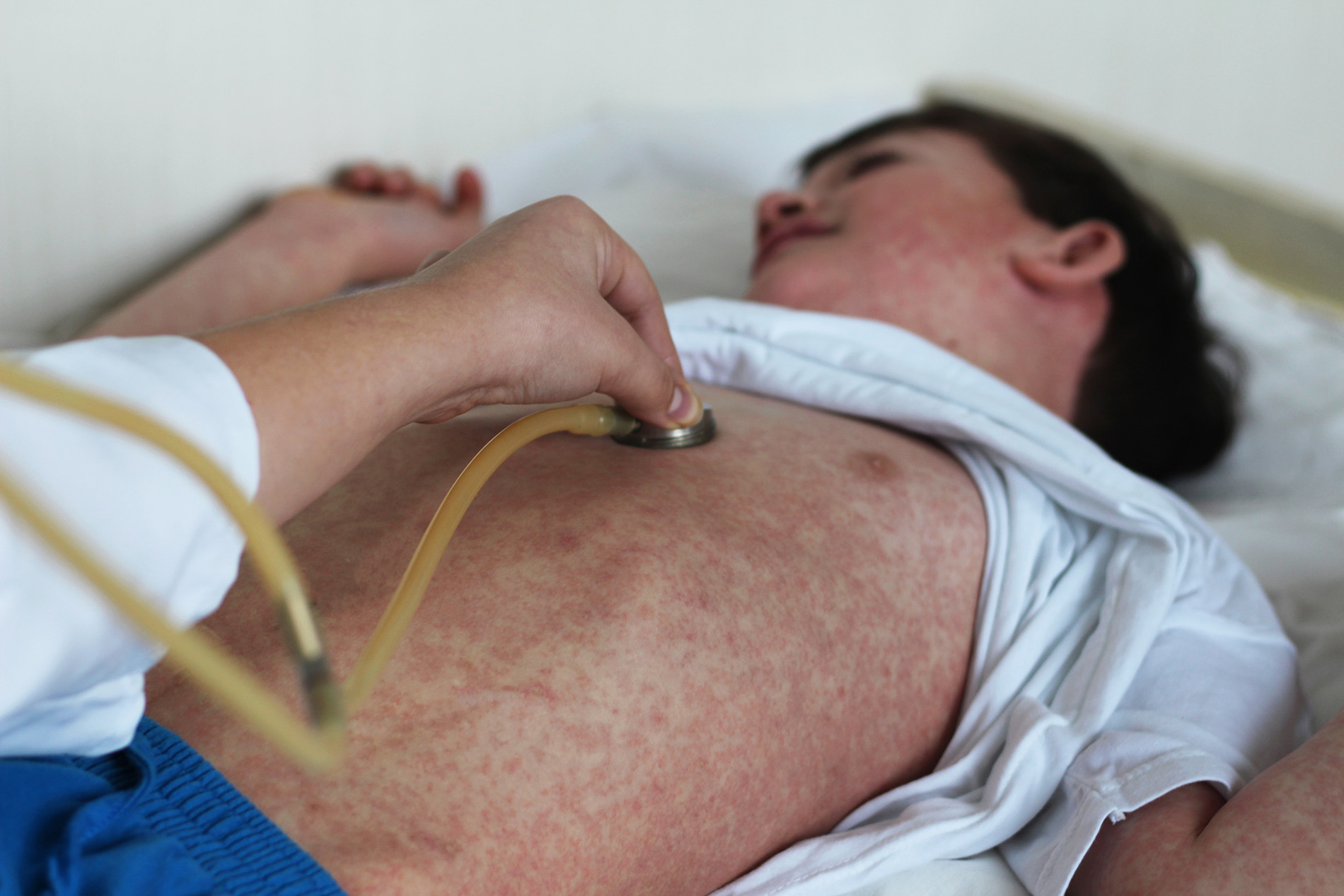Some people experience an itchy rash after their first sun exposure of the year. James M. Chapman, MD, with Lexington Family Practice Chapin shares information about this summer skin condition.
Q. What is sun rash or sun poisoning?
A. Sun rash, or polymorphic light eruption, occurs in people who have developed a sensitivity to the sun. It usually appears as tiny red bumps or raised patches of skin in hours to days after sun exposure. It is more likely to occur in the spring or summer after the first exposure to the sun. it occurs less frequently as summer progresses.
Q. How common is sun rash?
A. The condition occurs in 1-20 percent of the population, depending on the country. It is more likely to appear in fair-skinned people in northern regions and is more common in women.
Q. Why do some people experience sun rash and not others?
A. There is a genetic predisposition to the condition and hormonal factors also seem to play a role.
Q. What is the best at-home remedy to treat the condition?
A. For mild reactions, topical steroids are recommended.
Q. When do you need to see a doctor and what treatments can a doctor provide for the rash?
A. For patients with frequent or extensive reactions, medical attention is recommended. For more severe reactions oral steroids are usually recommended.

James M. Chapman, MD, Lexington Family Practice Chapin







Leave a comment